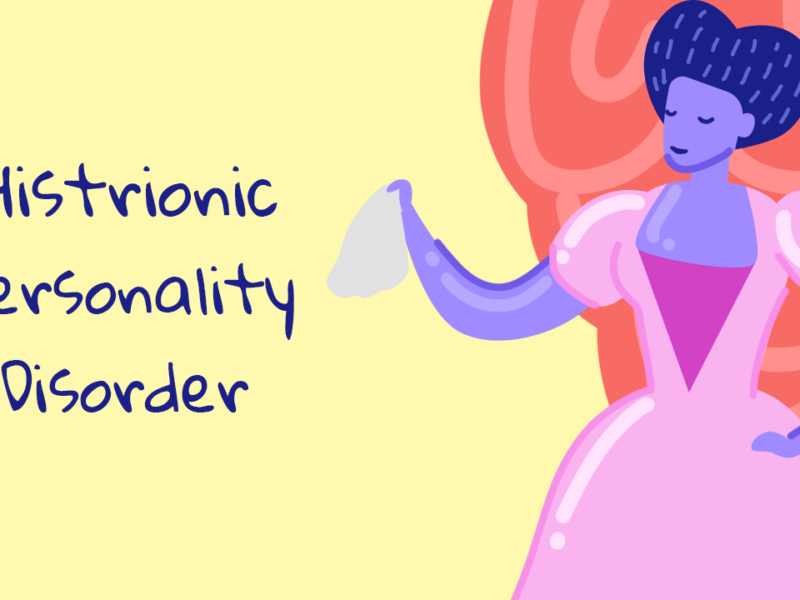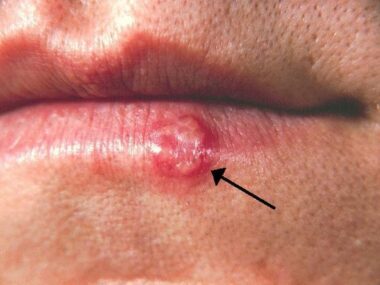Overview
Histrionic personality disorder is a mental health condition that causes people to have hyper emotional responses and to display attention seeking behaviours. It is sometimes referred to as dramatic personality disorder. People who have histrionic personality disorder have a distorted image of themselves, they have a deep rooted desire for approval and attention from other people and suffer from feelings of low self-esteem.
They seek attention as they feel insecure and feel uncomfortable when they are not the centre of attention. When they feel as if they are not being noticed their behaviours can be come extreme and even sexually inappropriate. Despite their over the top behaviour they can have good social skills making them successful. They can, however, use this skill to manipulate other people.
Histrionic personality disorder is fairly rare affecting around one or two percent of the population, the condition usually starts in late teens or early adulthood and tends to affect women more than men.
Symptoms and Behaviours
Symptoms can vary in degree and severity amongst individuals and can include:
· Superficial and shifting emotions
· Being easily bored or distracted
· Rapid shifts in mood
· Difficulty maintaining relationships
· Both positive and negative volatile emotions
· Exaggerated words and gestures and a larger than life personality
· Constantly seeking praise and approval
· Overly concerned with their physical appearance
· Be persistently charming and flirtatious
· Use their appearance to draw attention to themselves
· Inappropriate sexual behaviour
· Self-centred, impatient and lacking in empathy
· Extreme sensitivity to rejection or criticism
· Feel depressed or insecure when they are not the centre of attention
Causes
As with many personality disorders the exact cause remains unknown, but it is believed there are several contributory facts including:
· Genetics: The condition can run families
· Parenting: Inconsistent or overindulgent parenting, a lack of boundaries or learned behaviours
· Childhood Trauma: Neglect or abuse in childhood or the loss of a family member
Risks and Complications
People with histrionic personality disorder are at higher risk of developing:
· Anxiety
· Depression
· Eating Disorders
· Substance addictions
They may also have pre-existing undiagnosed conditions such as:
· Antisocial personality disorder
· Borderline personality disorder
· Dependant personality disorder
· Narcissistic personality disorder
Treatment
Histrionic personality disorder can be difficult to diagnose as most people who have the disorder see nothing wrong with their actions and behaviours. They may see their doctor for symptoms such as anxiety, depression or relationship problems.
If their doctor refers them to a mental health professional they can then diagnose them after an assessment and prescribe suitable therapies along with any medication they may have been prescribed. Therapies most often used to treat histrionic personality disorder and that have proven effective include:
· CBT (cognitive behavioural therapy) not only will this help with any anxiety or depression, but it can also help them to act and think more calmly
· Couples or family counselling, histrionic personality disorder can affect all kinds of relationships and this kind of therapy can help all parties to address their concerns in a safe and solution orientated setting.
· Group therapy can be beneficial in helping them improve their social interactions and behaviours
· Psychodynamic therapy can help reduce their intense emotional reactions by identifying the underlying reason that causes it.
Talking therapy can help them to overcome their insecurities and increase their feelings of self-worth. Written by Jan, Jeana and Wendy at Barnsley Hypnosis and Counselling (UK). For more free Information click above link.





